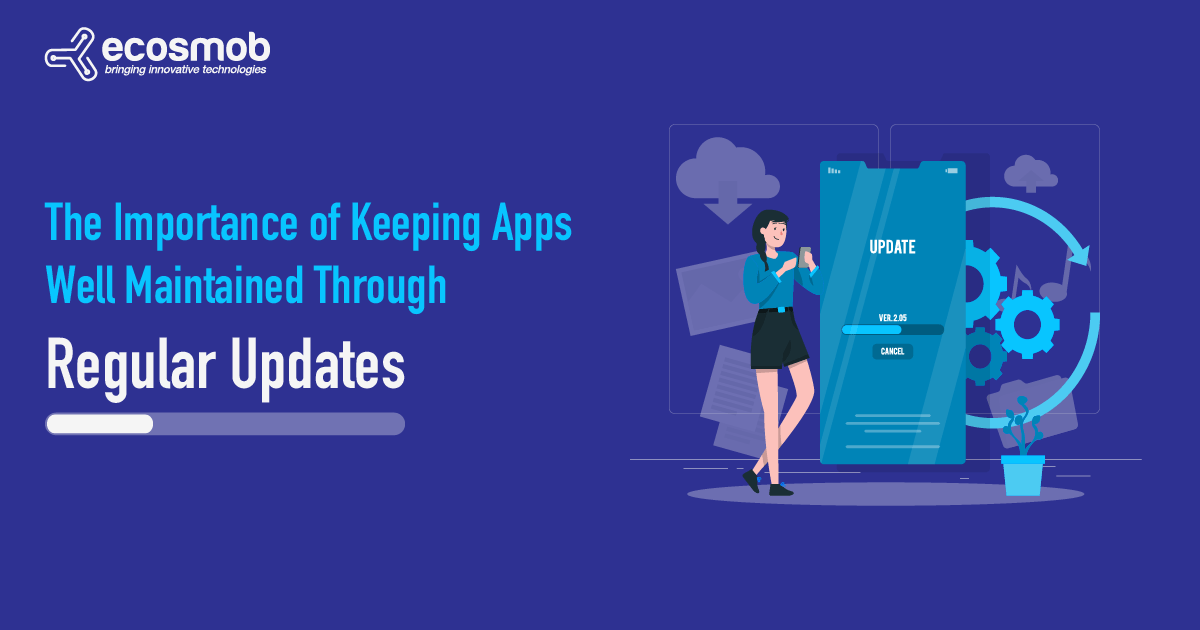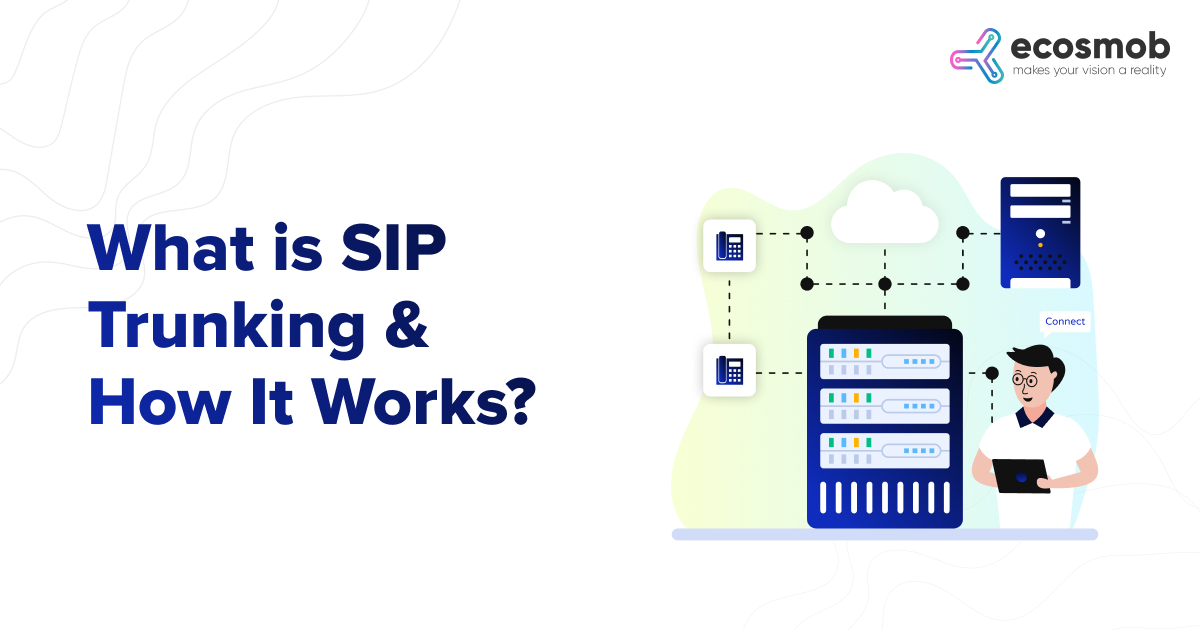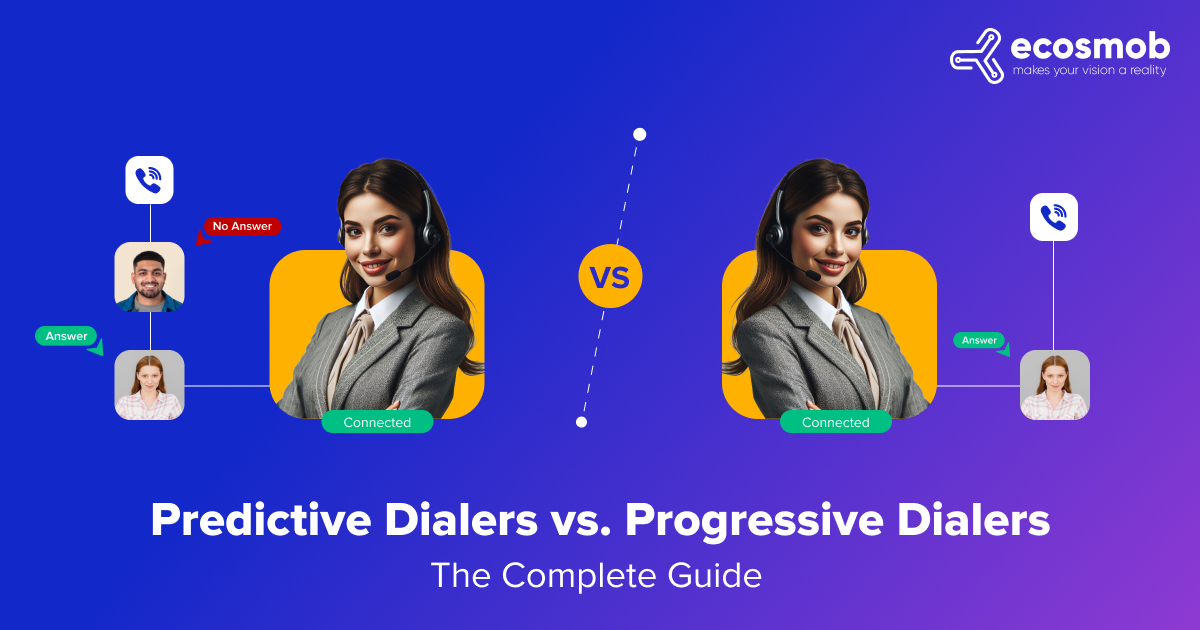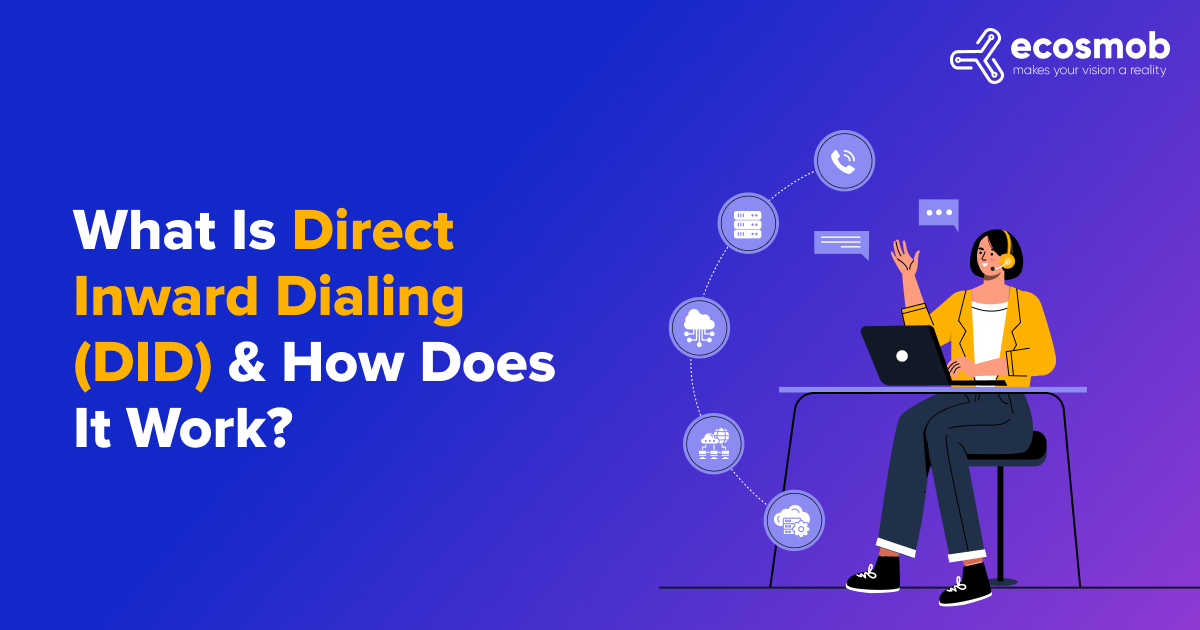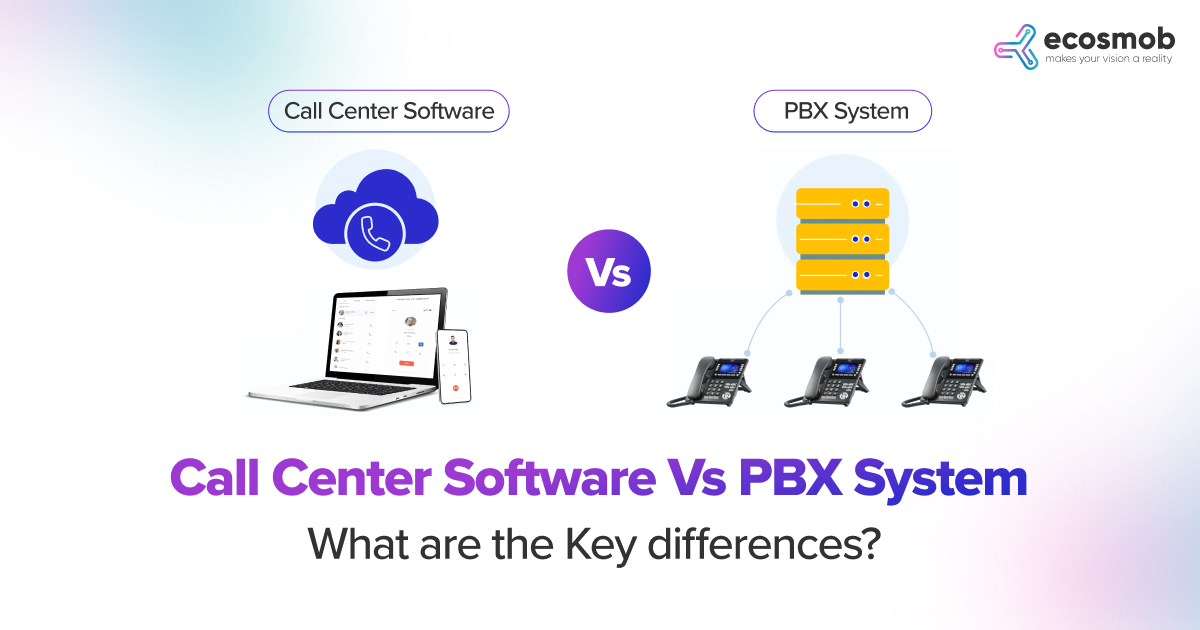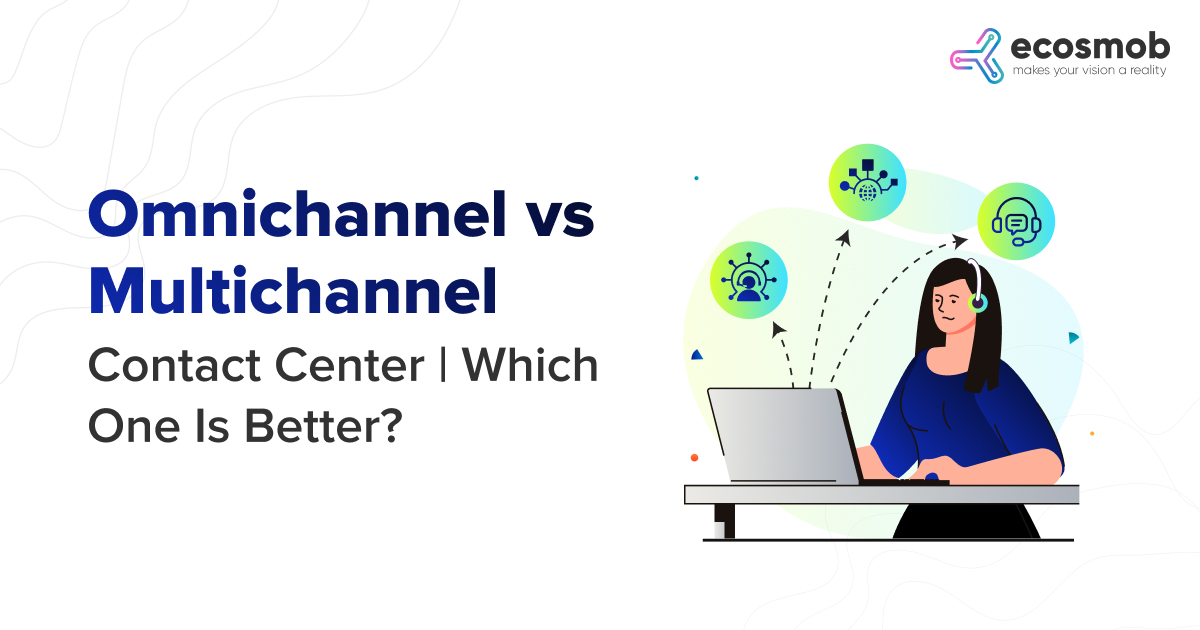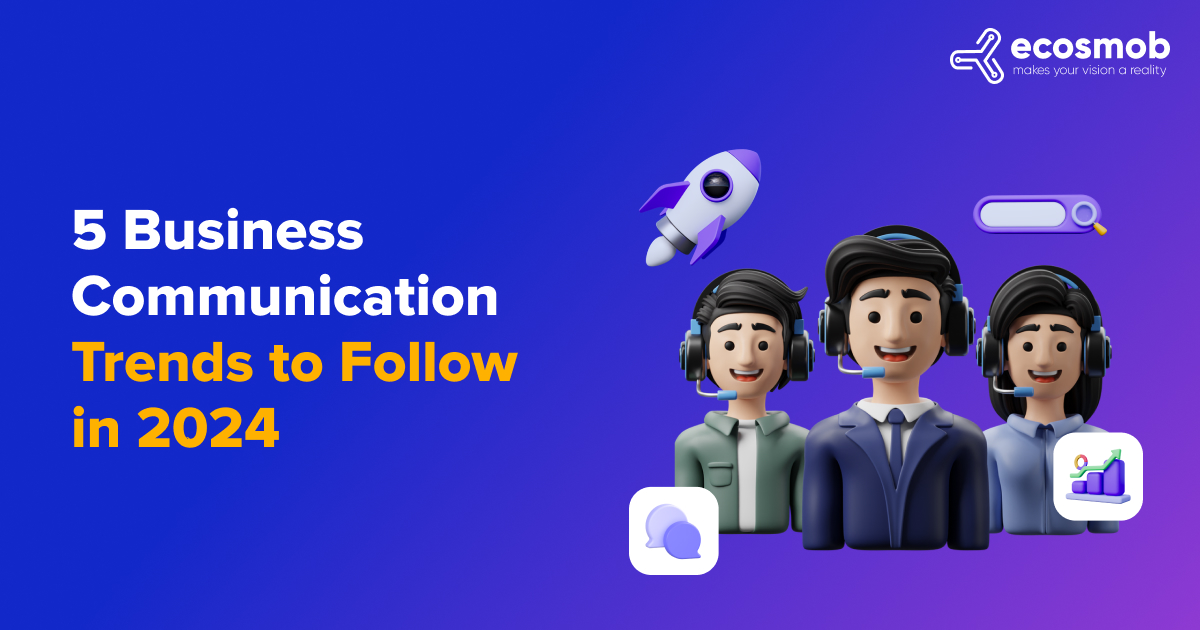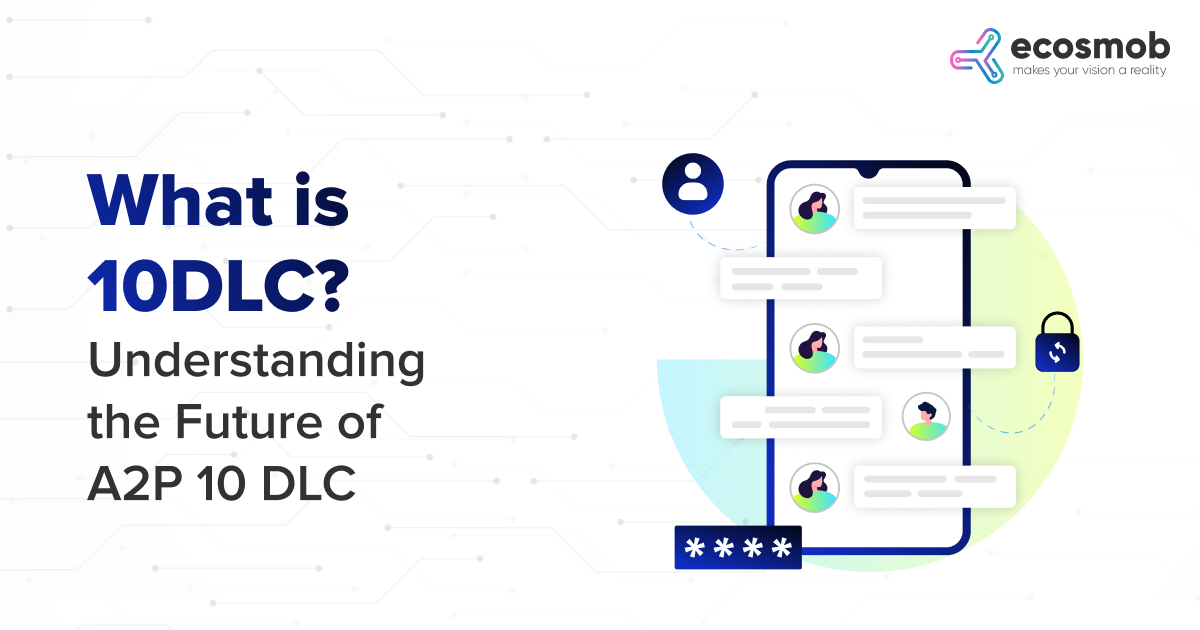Any use of popular apps cannot but help notice the way the app makers push updates on a regular basis. You wonder why they do this when there is nothing wrong. There is a reason, several reasons, why they update their apps every now and then. If you have an app or are thinking of having one developed with the help of app development services, know the reasons for mobile app maintenance through regular updates. Getting an app developed and launching it is not a one-off thing; you need to look at it on a long-term basis.
Remove bugs
No software is perfect. In most cases, businesses push out apps that are “workable” but not perfect. It is important to get to market. In the process, the app may have a few hidden bugs. These come to light under various use conditions on various devices and on various versions of Android or iOS. App development services keep track of all such events through monitoring and user feedback and take care of these issues. The result is that your app delivers a smoother user experience. Buggy apps are likely to be trashed.
OS keeps changing
Today’s version of Android is far different from that a few generations old. It has more features and possibilities. In order to take advantage of these new and improved features, your app development services will introduce modifications to the app. Your app will work perfectly and in sync with the OS for faster performance and with more features. OS developers may remove certain features and that would make your app’s features stop working. This is why developers keep close track of developments in OS and keep updating apps. Hardware keeps improving and this leads to changes in OS and that, in turn, dictates updates to apps.
Security
It is not only new features that find their way into operating systems. Hackers are always busy at work to find backdoors and vulnerabilities in OS and in apps. Once they do, they can tunnel into your mobile and steal valuable data, send spoof messages or otherwise compromise security. Regular updates and mobile app maintenance will keep such security leaks plugged. Why is this important? If you have deployed an app and if user device security is breached and they suffer a loss then it leads to loss of reputation for you and users will uninstall your app. You lose customers and business.
You change policies, terms, and products
Business evolves. You may sell a certain product on certain terms. Then you may modify the product or your terms in keeping with the competition. Users may give you feedback about what they like and what they do not like in the app and what features they wish to see. Updating apps means you can put in newer technologies like AI and ML and also augmented reality. Users do not wish to use “dated” apps and like apps to be current in performance as well as looks. Incorporate these through updates and your app continues to be used, which is the point of launching apps.
When and how often to update apps?
A mobile app is not something you deploy and forget all about it. You may delegate the task of monitoring the performance of the app to your app development services. They are likely to keep track of technical aspects. However, from the user perspective and your policy changes, it is also advisable that you take a keen interest in keeping track. It is advisable to note down features customers request, find out pain points and keep a list. Your app developer is also likely to recommend an update in case the OS is updated or if a bug is detected or when there is a security issue. In case it is a security issue then you need to take immediate action. For other matters, you can opt for a schedule such as monthly updates if there are numerous features to modify, or a 3-monthly change if there are fewer features to add. Additionally, if certain features require rigorous testing before integration into the app software, adjust the schedule accordingly. The use of monthly planner templates streamlines the organization and implementation of these updates. Should it only serve as a sales wing of your company? Should you add more features to make it more inclusive or should you get developers to come up with a new mobile app? Should you monetize the app or let it be as it is and avoid irritating users? These kinds of questions arise and will lead to decisions on mobile app maintenance and upgrades.
Apps are ubiquitous the way websites are and you simply cannot afford to operate online without one. However, when you think of apps, think long-term and as an ongoing effort. Think of it as a car that needs regular maintenance to keep in top gear.





